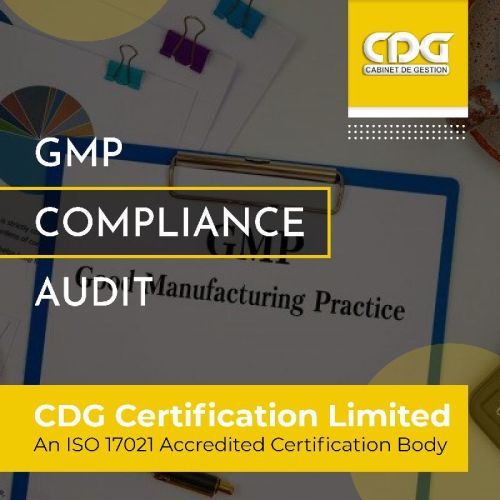
Company Information
Ask for more detail from the seller
Contact SupplierWHO GMP certification service in Bangalore
The WHO-GMP had been a mandatory requirement for global markets entry and specifically for countries which had no dedicated regulatory authority. It was also required for specific drugs which were being used for supplies under the global disease control initiatives such as TB, HIV/AIDS, malaria control project funded by Word Health Organization and other international agencies. These certificates were issued for products and later to plants where these products were manufactured and audited by WHO. The WHO is the arm of the United Nations that regulates healthcare practice worldwide on the application of international best practice. Its Certificate of Good Manufacturing Practice (GMP) is issued to companies that meet its standards and apply to it for certification. The WHO GMP Certificate will enable the company to offer its products for the pre-qualification process of the WHO and subsequently position for the sales of her products to every market in the world.
Following GMPs helps to promote quality, ensuring safe products for mass distribution. This increases the likelihood of products being free of dangerous substances or contaminants that could cause harm to consumers.
CDG provides tailored solutions to all kinds of GMP compliance issues. With extensive experience of the GMP certification process, CDG's regulatory experts will provide all the support you need to achieve GMP excellence.
GMP standard was originated in Europe & has become very popular worldwide in due course of time. There are different GMP standards developed by different governments & organisations but all are similar. These all GMP standards addresses some common issues which are : Sanitation, Hygiene & maintenance.
CDG is a world leader in compliance certification. We provide gmp certification services in India & overseas. Our GMP compliance certification is recognised worldwide. Good manufacturing practice" or "GMP" is required being adapted in the manufacturing of pharmaceuticals or drugs, active pharmaceutical ingredients, diagnostics, foods and medical devices. GMPs are guidance that outlines the aspects of production and testing that can impact the quality of a product. Many countries have regulatory requirements that Pharmaceutical and Medical Device companies must follow GMP procedures, and have created their own GMP guidelines that correspond with their legislation.
GMP audits are increasingly required by retailers as proof that you take food safety seriously. Independent GMP verification confirms your operation's food safety practices and processes. Many countries follow the guidelines provide by WHO. WHO Good manufacturing practice (GMP) is a system for ensuring that products are consistently produced and controlled according to quality standards. It is designed to minimize the risks involved in any pharmaceutical production that cannot be eliminated through testing the final product. The main risks are: unexpected contamination of products, causing damage to health or even death; incorrect labels on containers, which could mean that patients receive the wrong medicine; insufficient or too much active ingredient, resulting in ineffective treatment or adverse effects.

